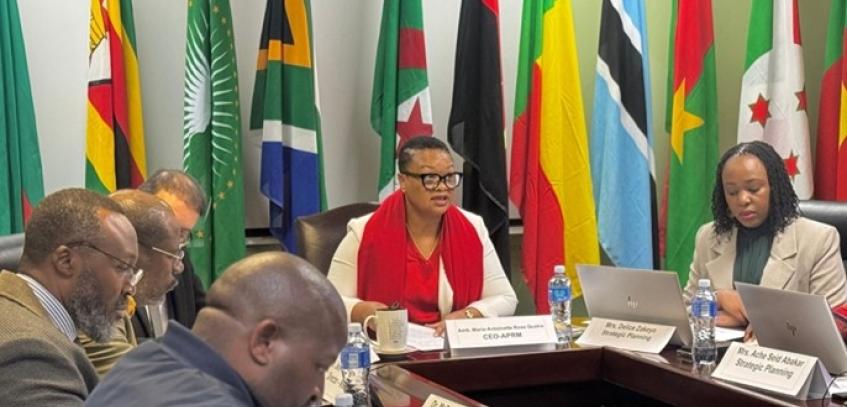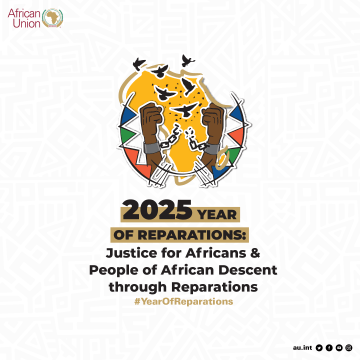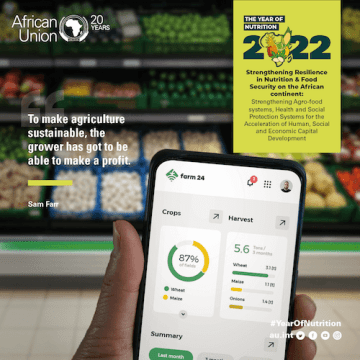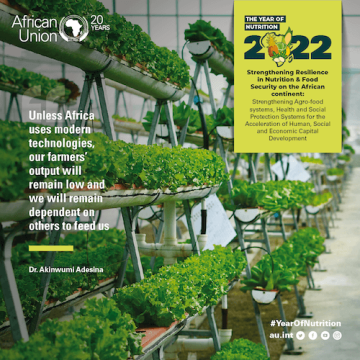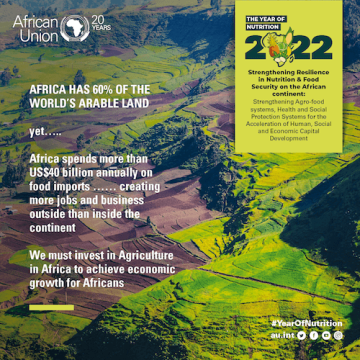Midrand – 30 June 2025 – The Continental Secretariat of the African Peer Review Mechanism (APRM) has launched its new Strategic Plan for the period 2025-2028, marking significant progress in the Mechanism’s commitment to enhancing governance, promoting transparency, and advancing peace and security across the continent. The launch event, held virtually, was attended by key stakeholders, including representatives from Participating States, and various African Union (AU) organs.
In her opening address, Ambassador Marie-Antoinette Rose-Quatre, CEO of the APRM Continental Secretariat, emphasised the importance of the new Strategic Plan as a crucial step toward strengthening governance throughout Africa. The Plan focuses on four key areas:
1) Implementation of the APRM Mandate with Impact,
2) Institutional Strengthening and Enhanced Capacity of APRM Structures,
3) Resource Mobilisation, Partnerships and Financing, and
4) Communications, Advocacy and Outreach.
Ambassador Rose-Quatre highlighted the necessity of building national capacities, citing initiatives like the development of a Model Law and coordination frameworks aimed at addressing various gaps. Additionally, the APRM aims to diversify its funding, targeting a raise of $10 million by 2026, further underlining its commitment to sustainability and impact. The CEO called for collaboration from all stakeholders to turn this vision into reality, urging the continent to unite in a transformative effort for governance reform.
Ambassador Aly El-Hefny, Chairperson of the APRM Panel of Eminent Persons, spoke on the significance of the 2025-2028 Strategic Plan as a continuation of the APRM’s long-standing commitment to democratic governance and sustainable development across Africa. He noted that the new Plan builds on past successes and lessons learned, aligning closely with the African Union’s Agenda 2063 and its 2024-2028 Strategic Plan. Key priorities include supporting governance reforms, enhancing economic governance, advancing capacity-building, and strengthening early warning systems for conflict prevention. Ambassador El-Hefny reaffirmed the importance of the role that the APRM’s Panel of Eminent Persons plays in providing impartial reviews and actionable recommendations that lead to tangible, improvements in governance.
Speaking on behalf of H.E. Selma Bakhta Mansouri, the Algerian Secretary of State to the Minister of Foreign Affairs, in charge of African Affairs and Chairperson of the APR Committee of Focal Points, Hon. Ammar Hadjar reiterated that the Strategic Plan was a blueprint for impactful governance reforms.
A video clip presented during the event highlighted the shared vision of a peaceful, prosperous Africa. It outlined the APRM’s evolution, from its inception to its present role as a key driver of Agenda 2063, highlighting key achievements, including 17 full-country reviews completed and the establishment of important programmes for conflict prevention and governance.
The event also featured key presentations from directors and supervisors at the APRM Continental Secretariat. Mr. Damien Thesee, Chief of Staff and Ag. Director of Operations discussed resource mobilisation efforts and improvements in financial management. Dr. Rachel Mukamunana, Ag. Director of Reviews and Assessments emphasised the role of country reviews in achieving the Strategic Plan’s objectives. Dr. McBride Nkhalamba, Ag. Director of Governance and Specialised Reporting, highlighted the importance of good governance in achieving sustainable development. Mr. Jean Yves Adou, Ag. Director of Monitoring and Evaluation underlined the significance of monitoring progress toward the 2030 SDGs and Agenda 2063. Other notable speakers included Mr. Constantin Lebogo, Head of the Communication Unit; Mr. Jibril Kano, Head of the ICT Unit who each provided valuable insights in their respective fields.
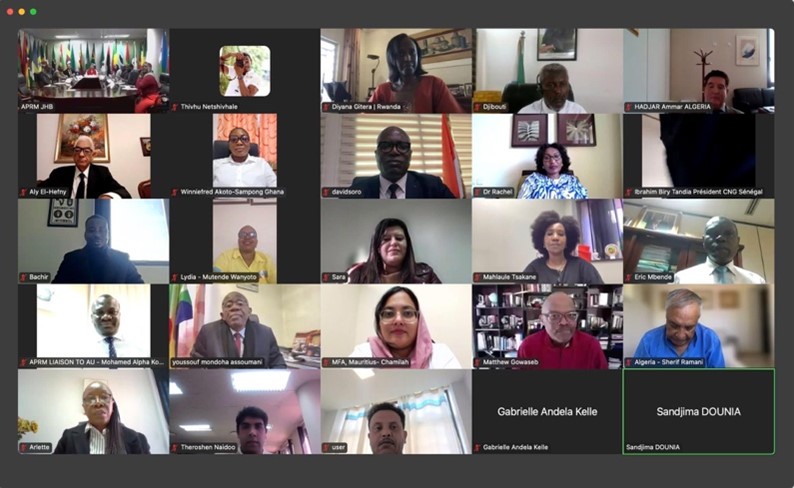
The launch of the APRM Strategic Plan 2025-2028 represents a renewed commitment to governance in Africa, with a clear focus on capacity-building, resource mobilisation, and effective communication. It sets the stage for a collaborative, results-oriented approach to achieving the vision of a peaceful, prosperous, and well-governed Africa. The discussions also focused on building institutional capacity, integrating e-governance into APRM processes, and the need for comprehensive communication strategies to engage citizens and key stakeholders.
Insights were shared by prominent members of the APRM governance structures. Ambassador Ashraf Rashed, Chairperson of the Continental Consultative Committee of Governing Councils, and Mr. Mohamed Sheriff, Chairperson of the National Secretariats Coordinating Committee, both emphasised the importance of collaboration and solidarity in ensuring the success of the Strategic Plan. They stressed the need for innovative solutions and radical inclusion to drive governance reforms across the continent.
During the question-and-answer session, participants raised critical questions about how to integrate National Action Plans into existing national development plans and the challenges of sustainable leadership within the APRM. Responses from the APRM Secretariat addressed these concerns, emphasising the importance of aligning APRM’s objectives with national priorities and addressing institutional capacity gaps.
In her closing remarks and as she officially launched the APRM 2025-2028 Strategic Plan, Ambassador Rose-Quatre reaffirmed the APRM’s commitment to transparency and
accountability. She urged national structures to continue strengthening their capacities and promoting effective communication.
For media inquiries or further information, please contact the APRM Continental Secretariat at info@aprm-au.org.
@APRMorg – X
www.aprm.au.int

